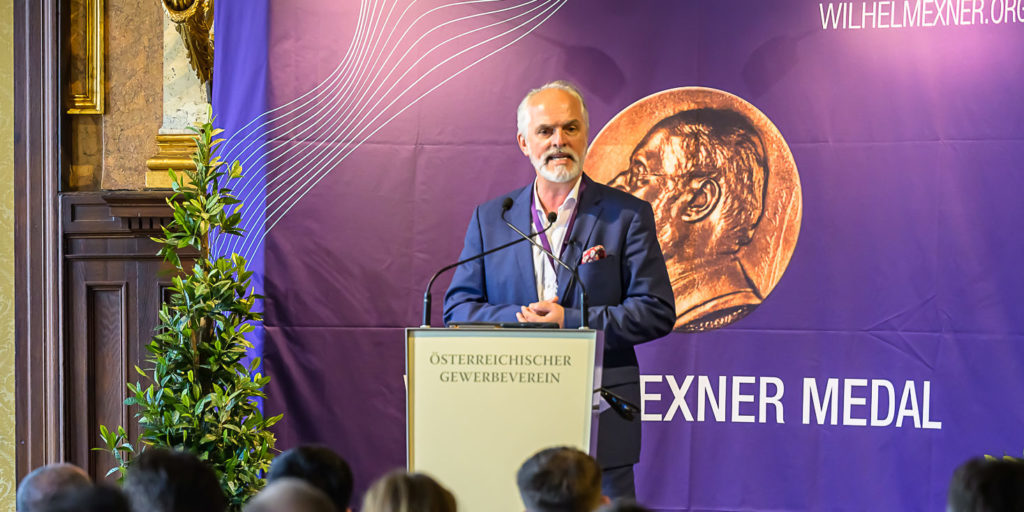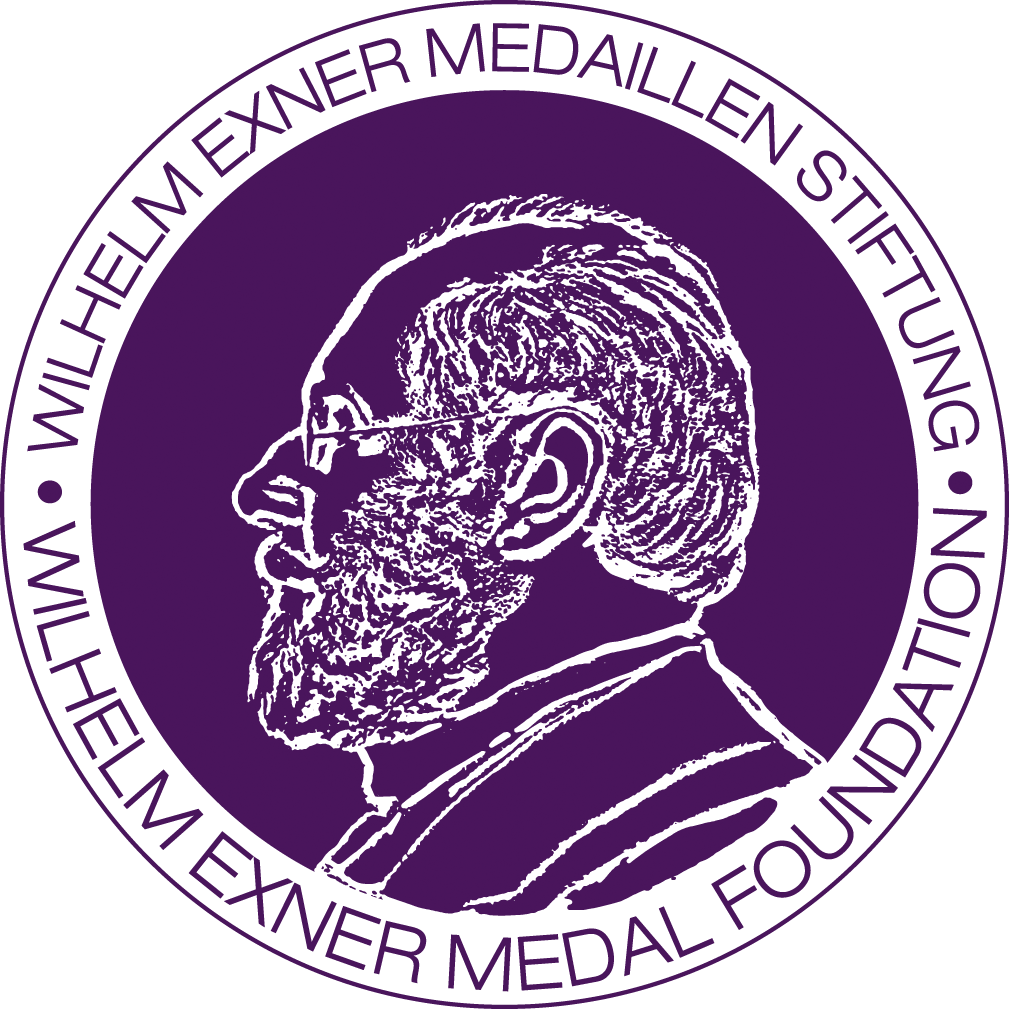Exner Lectures 2023 – Roland Kalb (proionic & Lawrence Berkeley National Lab)
As of 2022 global aviation industry contributes to around 2,5% of the total global manmade CO2 emissions and could increase by several 100% by middle of the 21st century, if no severe measures are taken. The global aviation industry has targeted a 50% reduction of CO2 emissions compared with 2005 levels, by 2050. To reach this goal the International Air Transport Association (IATA) calls the development and use of drop-in Sustainable Aviation Fuel (SAF) as “imperative”. To date only HEFA-SPK (SAF from hydro processed esters and fatty acids) is commercialized and applied as max. 50% blending component. Other SAFs currently commercialized are based on the gasification of biomass followed by Fischer-Tropsch chemistry (FT-SPK) and Alcohol-to-Jet fuel (ATJ-SPK), where biobased alcohols are dehydrated, isomerized, and hydrogenated. Both of the latter SAFs do have drawbacks in terms of restricted feedstock variability and challenging process complexity. The price level of all these three bio jet-fuels is in the range of about 2-3 times the price of conventional aviation fuel.
The most plausible, non-food competing feedstock available on the planet is lignocellulose. The annual availability of lignocellulosic non-food & waste feedstocks is estimated to be in the order of 1 billion dry tons per year, alone in the United States4, which equals around 190 billion liters of convertible biofuel produced. Only a technology being very flexible in terms of type, quality, and contamination of such feedstocks, will be able to deliver significant volumes of SAF for a competitive price in the near future.
The DOE Joint BioEnergy Institute (JBEI), led by Lawrence Berkeley National Laboratory, is developing such technologies since 2007. The pretreatment of biomass is a crucial step towards high performance, feedstock agnostic SAF production. Today JBEI is the global leader in Ionic Liquid (IL) based pretreatment of biomass and the engineering of microbes and plants for the production of SAF through synthetic biology. Ionic liquids are a novel class of room temperature molten salts, that are clearly superior over other biomass pretreatment media since more than 15 years. Today this IL based process liberates ≥ 90% of sugars and lignin-derived intermediates, which are subsequently converted by microbes into SAF and other valuable bioproducts. The application of ILs as pretreatment media does have drawbacks: Conventional ILs have a neglectable low vapor pressure, which hinders them to be separated by distillation but requires either other costly separation technologies, or novel IL compatible processes to mitigate downstream toxicity.
JBEI has a long-term partnership with the Austrian company proionic GmbH, a global leader and renowned pioneer in development of IL based technologies and manufacture of ILs. To overcome the drawbacks of conventional ILs, proionic has developed a special class of low-cost, volatile ionic liquids, which are distillable (DILs), and a tailored high-performance technology for the recovery of such DILs out of biomass slurries, exceeding 99% efficiency (HIPE-REC®, patent pending). This presentation will give an overview on the sustainable aviation fuel activities at the Joint BioEnergy Institute and the importance of proionic’s HIPE-REC® technology, to close the key-gap of ionic liquid recovery from pretreated lignocellulosic biomass feedstocks.



